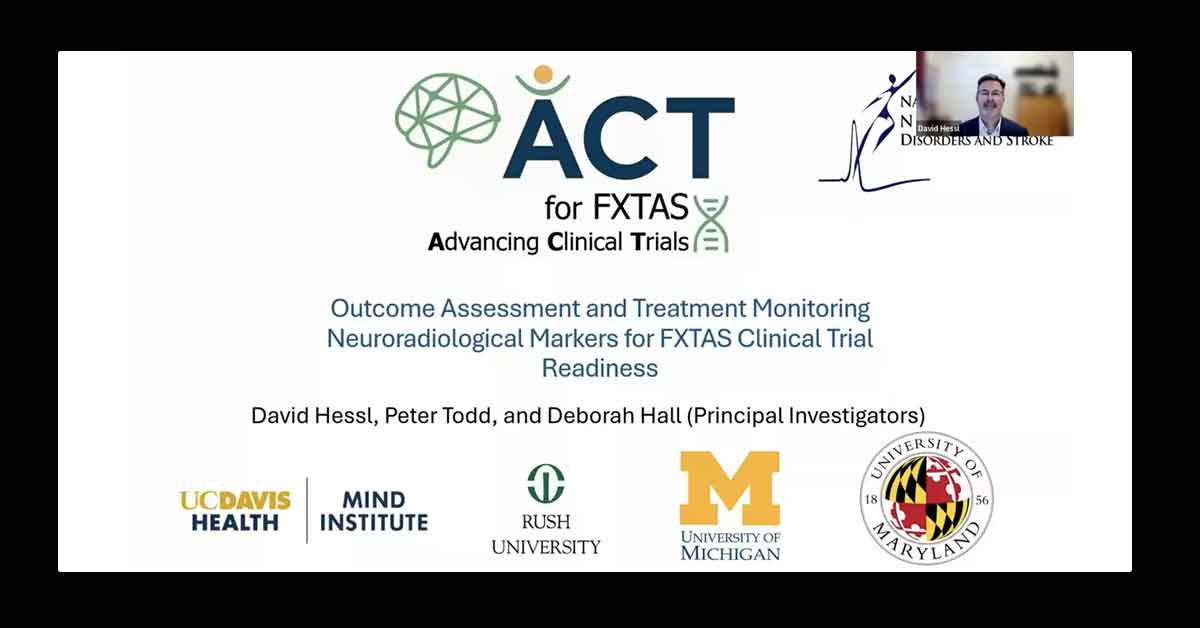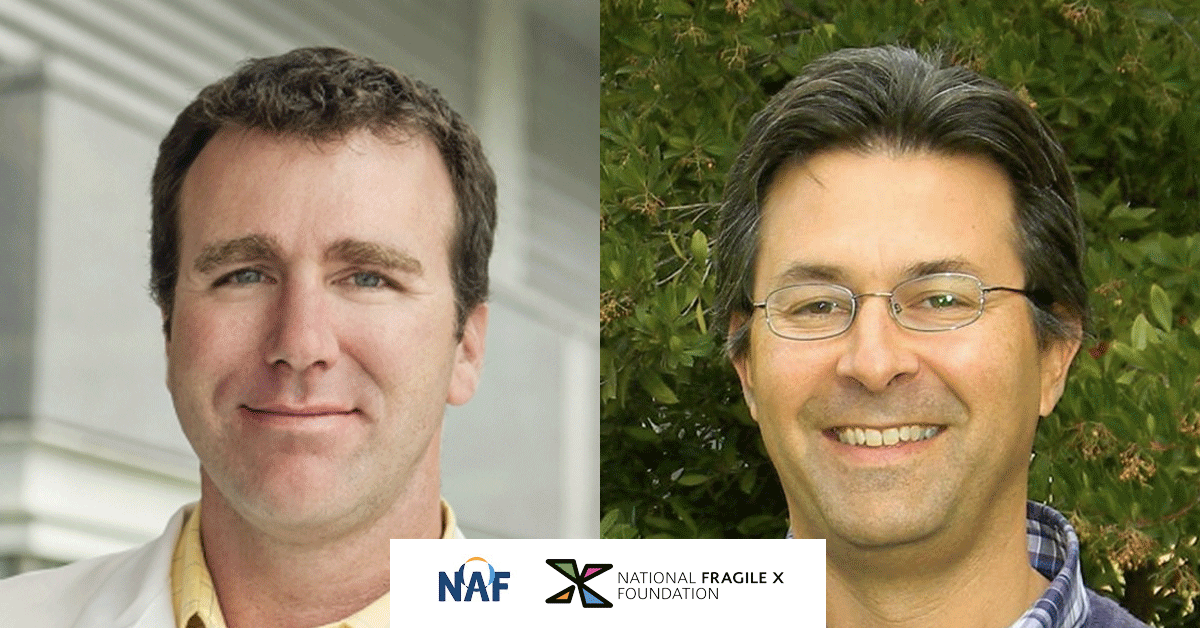Getting a New Diagnosis
What Do You Do Now?
This is your guide on what to do next after learning of a new Fragile X diagnosis, including understanding the terms you find confusing or unsettling.
About the Speaker
Andrea Schneider, PhD.
UC Davis MIND Institute
Dr. Andrea Schneider is an Associate Research Scientist and licensed psychologist at the University of California at Davis, MIND Institute, USA. From early on in her academic career, she focused on interdisciplinary research with brain-behavior interactions. She works with patients with Fragile X syndrome (FXS), premutation involvement, autism, and Down syndrome, and has been involved with targeted treatment trials.
Based on her over 10 years of clinical experience in neurodevelopmental and neurodegenerative disorders, she administers neuropsychological assessments and standardized psychiatric interviews. Currently, she is working on improving electroencephalography (EEG) as an outcome measure for targeted treatment trials in FXS, and her main research interest is in the association between genetic and brain abnormalities underlying the neuropsychopathology, behavioral, and psychiatric symptoms in individuals on the Fragile X mutation spectrum, biofeedback, and the psychophysiological correlates of sensory processing, memory, and emotion. Her clinical practice involves running the ACCESS program for adults with autism spectrum disorders (ASD), and a parent workshop for families affected with ASD.
In addition to her research and clinical activities, she also works as an Associate Professor at California Northstate University, Elk Grove, teaching doctoral level courses in a PsyD program. She is also an affiliate of the LEND (Leadership and Education for Neurodevelopmental Disorders), the ARTP (Autism Research and Treatment) programs at the MIND Institute, and a member of the FENS (Federation of European Neuroscience Society), and the Center for Cognitive Studies, University Potsdam, Germany. Dr. Schneider reports no biomedical financial interests or potential conflicts of interest.




